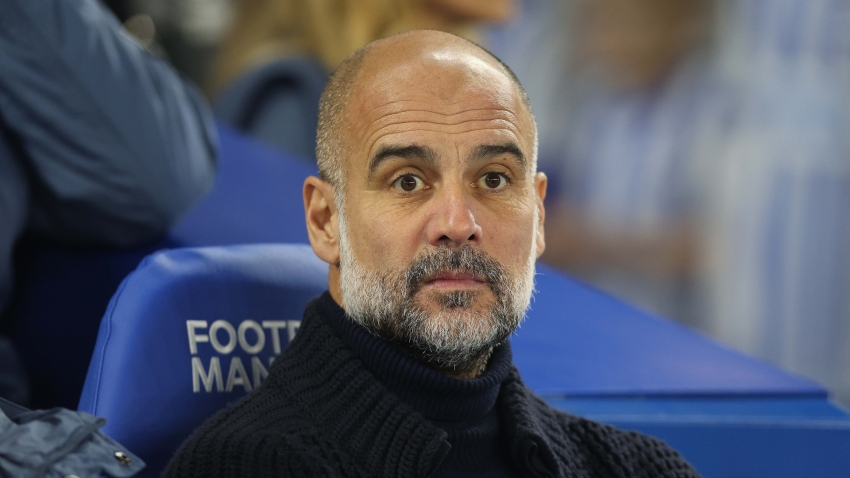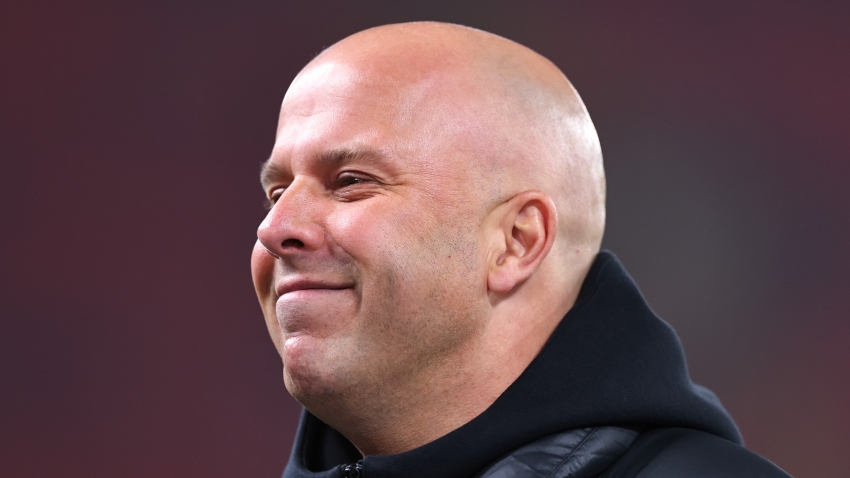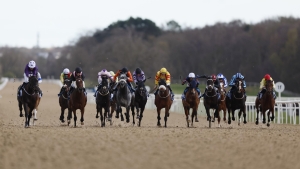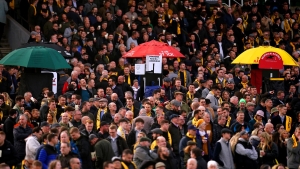Further adjustments to the National Hunt programme have been “under discussion” as the British Horseracing Authority seeks to improve competitiveness within that sphere.
A total of 300 jumps races and 20 jumps meetings were removed from the 2024 fixture list as part of a package of initiatives focussed on increasing field sizes.
However, the BHA’s director of racing and betting Richard Wayman reports that while the numbers of runners for all-weather meetings on the Flat in the first three months of the year have been pleasing, National Hunt numbers have not reached similar heights.
While citing the wet winter as a possible reason for a lack of competition, Wayman admits jump racing is “short of where we want it to be”.
He said: “It is a mixed picture. If we wanted to look at it positively, on the all-weather through the winter our Flat fixtures have generated probably more competitive racing than we have had for a long time.
“If we look at the percentage of races that have attracted eight runners, you’ve got to go back to 2007 to find the sort of percentage we have achieved in the first three months of this year.
“Obviously, jumping isn’t where we want it to be and we continue to face our challenges with the competitiveness of jump racing. The numbers for jump racing on core fixtures are around 47 per cent, a little bit better at the Premier meetings but either way that is short of where we want it to be.
“I think we haven’t been helped by the ground conditions that we have faced through the first three months of this year – 78 per cent of races have been run on soft or heavy ground compared to 44 or 43 per cent in the last two years, it just demonstrates how wet it has been and that clearly will have had an impact on field sizes.
“However, it is important to stress we’re not using that as an excuse, I think that has been a factor in where we are this year but the challenges we face with jump racing competitiveness are beyond just the fact we’ve had a wet three months.
“We’ve introduced measures this year, we made changes to the programme, we took out 300 races through the year and some will have fallen in the first quarter. It is certainly under discussion whether we need to go further for 2025 in an attempt to make racing more competitive at this time next year than it has been in the last few months.
“Having said that, in our view, you can’t just keep reducing fixtures and/or races with a view to making jump racing more competitive. There are more fundamental issues that as a sport we are going to need to tackle to try to support the long-term future of jump racing.
“We are looking at that and I think we will need to introduce further measures beyond race volume to try to support the future of jump racing longer term.”
During a briefing call, the BHA’s director of communications and corporate affairs Greg Swift confirmed discussions remain ongoing with the Betting and Gaming Council over a reform of the levy, with gambling minister Stuart Andrew due to issue an update later this month.
Swift said: “Meetings are accelerated between BGC and DCMS – in fact, I had a meeting with them this morning.
“We will have at least two next week and we had two last week and there are conversations and meetings that take place outside of those formal arrangements with DCMS at which the minister is trying to bring us closer to an agreed position.
“We continue to work at pace, in good faith on all sides. We are not there yet but we will keep our shoulder to the wheel to try to get an arrangement agreed with the sports minister in time for him to update the house on April 24.”





























